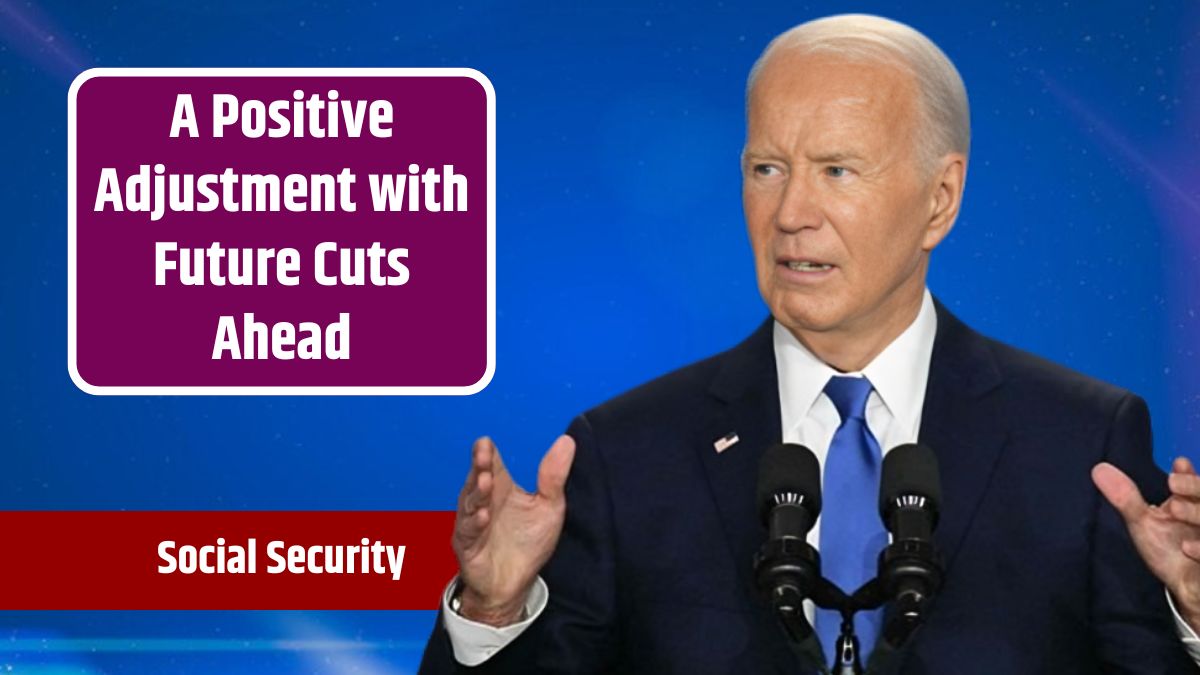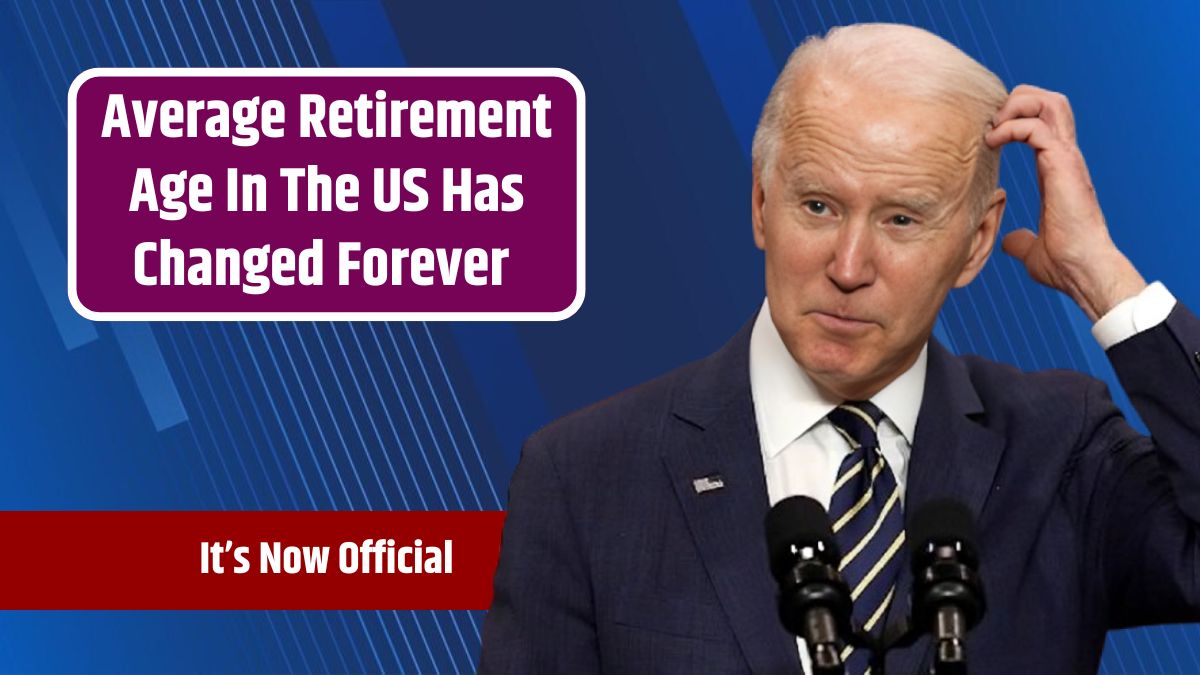The latest Social Security adjustment could significantly affect retired workers in the United States, especially those in Ohio, Kentucky, and Indiana. With over 300,000 people projected to experience changes in their benefits, this news has sparked concern among public employees and retirees.
To better know the impact, consider Melissa Johnson, a teacher who has also worked in the private sector for 20 years. Due to existing Social Security rules, she will not receive the full amount of benefits she’s entitled to when she retires in 2025, resulting in a $2,000 monthly shortfall.
Who Is Affected?
The issue mainly affects public employees such as teachers, firefighters, police officers, and other government workers. Despite paying into Social Security through other private sector jobs, many of these individuals receive reduced benefits due to two existing policies: the Windfall Elimination Provision (WEP) and the Government Pension Offset (GPO).
These rules are in place to prevent “double-dipping” between Social Security and other public pensions. As a result, over 2.1 million public employees nationwide face reduced Social Security benefits.
In Ohio, Kentucky, and Indiana alone, more than 213,570 workers and their families are directly impacted by WEP, and over 121,503 people are affected by the GPO. This has led to financial uncertainty for retirees who believed they would receive full Social Security benefits based on the time they contributed through private sector employment.
WEP
The WEP (Windfall Elimination Provision) primarily affects workers who receive a pension from a job where they did not pay Social Security taxes, such as many government roles, and also have a separate employment history where they did pay into Social Security. This provision adjusts the formula used to calculate benefits, often resulting in lower monthly payments. For someone like Melissa Johnson, the impact can be a significant reduction in what they expected to receive when they retire.
GPO
Similarly, the GPO (Government Pension Offset) affects Social Security spousal or survivor benefits for those receiving a pension from a government job. The offset can reduce these benefits by two-thirds of the individual’s government pension amount. This can mean that some retirees see their spousal or survivor benefits drop to zero, complicating retirement planning.
Legislative Efforts
To address these issues, Rep. Greg Landsman (D-Ohio) is leading a campaign to repeal the WEP and GPO, allowing affected retirees to receive their full Social Security benefits. The proposed bill would eliminate these restrictions for those who have paid into Social Security at any point in their careers. However, this would come at a steep price. Experts estimate the changes would add $200 billion to the federal budget over the next decade, costing about $20 billion annually.
If enacted, the new legislation could shorten Social Security’s solvency by approximately six months. Despite this, Landsman believes it’s critical to honor the contributions of public service workers. He is actively working to gather 218 signatures in Congress to bring the bill to a vote. Currently, he has around 170, but opposition from Republican leadership has made the path forward challenging.
Political Tensions
Landsman’s push has not gone without criticism. Orlando Sonza, his Republican opponent in the upcoming election, agrees that the rule changes are necessary but questions the motivation behind the timing of the proposal. He argues that Landsman’s support for Biden administration policies has contributed to economic difficulties, making it harder to justify these changes without considering their broader impact.
This political back-and-forth highlights the complexities of enacting changes to Social Security. With rising costs and the potential depletion of the Social Security Trust Fund looming, any major adjustments must be carefully weighed against the program’s long-term stability.
Congress
A recent estimate predicts that, unless Congress acts soon, Social Security benefits for two-income couples could be reduced by up to $16,500 annually beginning in 2033. This drastic cut is due to the projected depletion of the Old-Age and Survivors Insurance (OASI) Trust Fund’s reserves, which are expected to drop below 20% by the start of 2033.
The SSA estimates that, without legislative intervention, these reserves will be depleted shortly after 2033, and only around 79% of the benefits currently outlined by law will be payable. This means retirees could face a significant reduction in their monthly income, making it difficult for many to maintain their standard of living.
Retirees
If the bill passes, thousands of retired public employees could see a much-needed increase in their Social Security benefits. Eliminating WEP and GPO would restore fairness to the system and ensure that those who have worked in both the public and private sectors are not penalized for their service.
However, with Social Security’s long-term stability at risk, the debate over these policies will continue to be contentious. Retirees should stay informed and plan for potential changes to their benefits in the coming years.
FAQs
What is the Windfall Elimination Provision (WEP)?
WEP reduces Social Security benefits for those receiving a non-Social Security pension.
Who is affected by the Government Pension Offset (GPO)?
GPO affects spousal or survivor benefits for those with a government pension.
What is Rep. Greg Landsman proposing?
He proposes eliminating WEP and GPO for public employees.
How many people are affected in Ohio, Kentucky, and Indiana?
Over 213,570 workers and their families are affected by WEP.
What happens if Congress doesn’t act on Social Security?
Benefits could be cut by up to $16,500 annually starting in 2033.






